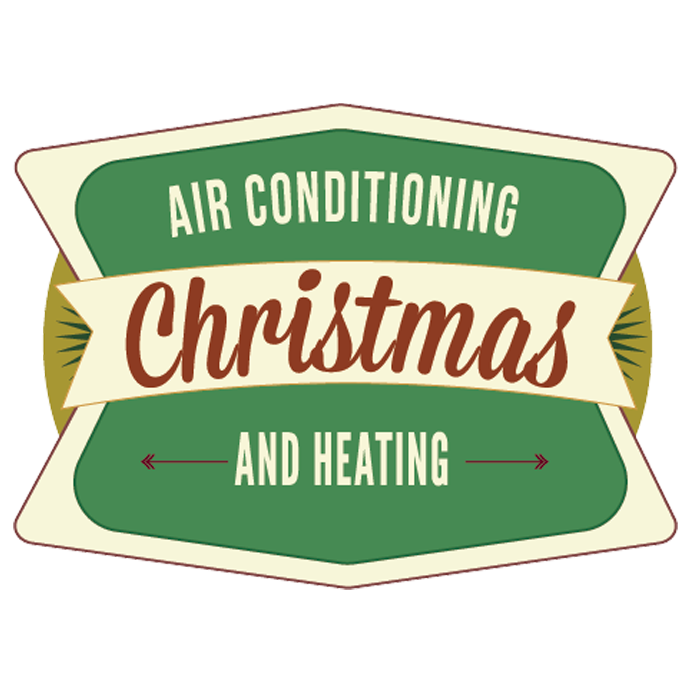Commercial Heating Systems for Businesses
Business owners need reliable commercial heating systems tailored to their needs to maintain a comfortable and efficient environment. Selecting the right system ensures a productive workspace and helps manage energy consumption and compliance with industry standards. Understanding the available options and benefits can guide business owners and property managers in making informed decisions about their heating systems.

Why Commercial Heating Systems Matter for Businesses
Ensuring Comfortable Work Environments
Commercial heating systems are critical in creating a comfortable indoor environment for employees, customers, and clients. A well-heated workspace ensures consistent temperatures throughout the building, improving productivity and customer satisfaction. For property managers, ensuring proper heating is essential to meet tenant expectations.
Energy Efficiency and Cost Management
Energy-efficient business heating systems help reduce operational costs by lowering energy consumption. Modern heating solutions are designed to optimize energy use, allowing business owners to maintain their bottom line while keeping their facilities comfortable. Efficient systems align with sustainability goals, which are increasingly crucial to businesses today.
Compliance with Commercial Building Regulations
Businesses must adhere to local building codes and regulations regarding heating systems. Commercial heating systems are often subject to specific requirements, such as energy efficiency standards and emission controls. Proper compliance helps businesses avoid fines and ensures the heating system operates within legal parameters.

Types of Commercial Heating Systems
Central Heating Systems
Central heating systems are a popular choice for more significant commercial buildings. These systems use a centralized unit, such as a furnace or boiler, to distribute heat throughout the building via ductwork or pipes. Central heating effectively provides consistent warmth across multiple rooms or floors, making it ideal for offices, retail stores, and other large spaces.
Radiant Heating Systems
Radiant heating systems provide heat directly to floors, walls, or ceilings, offering a uniform and comfortable temperature. These systems are commonly used in warehouses, workshops, and spaces with high ceilings, where traditional heating methods may be less efficient. Radiant heating eliminates the need for ductwork, reducing heat loss and improving energy efficiency.
Zoned Heating Systems for Multi-Use Spaces
Zoned heating systems allow businesses to divide their buildings into separate zones, each with its temperature controls. This approach primarily benefits properties with diverse heating needs, such as hotels, multi-tenant office spaces, or educational facilities. By heating only the areas in use, businesses can lower energy consumption and manage costs effectively.
Factors to Consider When Choosing Business Heating Systems
Building Size and Layout
The size and layout of the building are critical factors when selecting a commercial heating system. More significant buildings or facilities with multiple floors may require more powerful systems, such as central heating or zoned systems, to ensure even heat distribution. Smaller spaces may benefit from more compact options, like radiant or wall-mounted heaters. Understanding the building’s square footage and layout helps determine the most efficient system for the space.
Energy Efficiency Ratings
Energy efficiency is a top priority when choosing business heating systems. Systems with higher energy efficiency ratings, such as those with Energy Star certification, can save significant amounts on utility bills over time. Business owners should prioritize systems that optimize fuel usage and offer long-term savings while maintaining comfortable temperatures.
Scalability and Future Business Growth
As businesses grow, so do their heating needs. Choosing a system that can scale to meet future requirements is essential. Scalable systems, like zoned heating or modulating furnaces, allow adjustments to accommodate expanding workspaces or additional employees. Business owners should consider their current needs and how their heating system can evolve with their business.
Benefits of Energy-Efficient Heating Systems for Businesses
Energy-efficient business heating systems are designed to minimize energy consumption while maintaining optimal comfort levels. By investing in systems with high-efficiency ratings, businesses can significantly reduce their energy bills. Over time, the initial investment in an energy-efficient system is offset by lower utility costs, providing long-term savings for business owners.
In addition to cost savings, energy-efficient heating systems help reduce a business’s carbon footprint. By using less energy, these systems contribute to a decrease in greenhouse gas emissions. Businesses prioritizing environmentally friendly systems align with sustainability goals, demonstrating a commitment to reducing their environmental impact. This helps the planet and enhances the company’s image, as customers and clients are increasingly drawn to businesses that prioritize eco-friendly practices.
Many regions offer tax incentives or rebates for businesses that install energy-efficient heating systems. These incentives can significantly reduce the upfront cost of upgrading to a more efficient system. Business owners should explore available programs to maximize their investment and take advantage of the financial benefits associated with energy-efficient technology.
Common Challenges with Commercial Heating Systems
Installation and Upfront Costs
One of the main challenges with commercial heating systems is the initial investment. High-efficiency systems and larger-scale units typically come with a higher upfront cost. While these systems offer long-term savings, the initial financial commitment can be a barrier for some businesses. However, it’s essential to consider the return on investment over time, which often outweighs the initial costs through reduced energy bills and tax incentives.
Ensuring Proper System Maintenance
Commercial heating systems require regular maintenance to ensure optimal performance and longevity. Neglecting maintenance can lead to inefficiencies, breakdowns, and increased energy costs. Scheduled inspections, filter replacements, and routine servicing are crucial to keeping heating systems functioning efficiently. Business owners should establish a maintenance plan with a professional service provider to avoid unexpected repairs.
Upgrading Outdated Systems
Upgrading to newer, more energy-efficient models for businesses operating with older heating systems can present challenges. Older systems may require significant retrofitting or infrastructure changes, which can disrupt daily operations. However, upgrading to a modern system provides long-term benefits such as improved energy efficiency, better temperature control, and compliance with updated building codes. Businesses need to plan and budget for the costs associated with these upgrades.
FAQs About Commercial Heating Systems
Contact Christmas Air Conditioning & Heating
For expert advice or to schedule a consultation on upgrading your commercial heating system, contact Christmas Air Conditioning & Heating today. Call (214) 724-7746 or visit our website to learn more about our business heating solutions.
